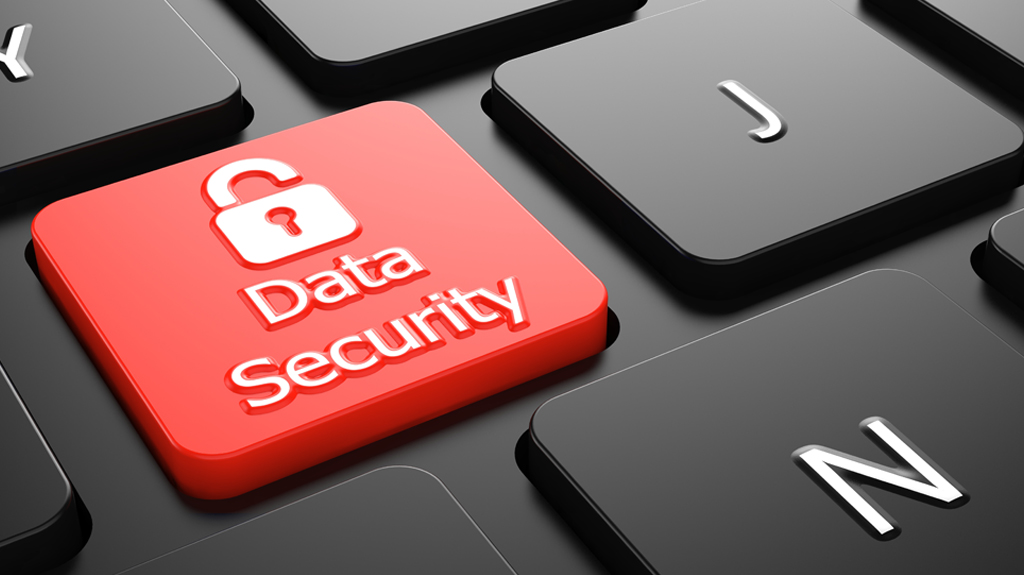
In today’s digital age, businesses of all sizes face constant threats to data security. For small and medium-sized businesses (SMBs), the challenge can feel overwhelming due to limited resources compared to larger enterprises. However, data breaches and cyberattacks don't discriminate based on company size, and SMBs are often seen as soft targets by cybercriminals. Ensuring robust data security isn't just a best practice—it's critical for protecting your business, customers, and reputation.
Here’s a guide to help SMBs enhance their data security measures and protect against evolving cyber threats.
Every business, regardless of size, should have a clear and comprehensive cybersecurity policy. This policy should outline:
Ensure that your employees are familiar with this policy and provide regular updates and training.
Investing in secure networking infrastructure is vital to protect your data from unauthorized access.
Using MFA across all business systems adds an additional layer of protection. Even if a hacker obtains a password, MFA will require a second form of verification (e.g., a code sent to a mobile device) to gain access.
Cybercriminals frequently exploit known vulnerabilities in software. By keeping your systems, applications, and devices updated with the latest security patches, you reduce the risk of an attack. Enable automatic updates whenever possible.
One of the most critical yet overlooked aspects of cybersecurity is employee training. Phishing attacks and social engineering are common ways hackers gain access to company systems. Regularly train your staff to:
Conduct mock phishing tests to see how employees respond, and use this as an opportunity to provide further training.
Regularly backing up your data ensures that even if your systems are compromised by ransomware or other attacks, you can recover critical information without paying a ransom. Ensure that backups are:
Not all employees need access to all data. Implement role-based access control (RBAC) to ensure that employees only have access to the data necessary for their jobs. This reduces the risk of accidental data leaks or breaches due to insider threats.
Even with the best security measures in place, breaches can still happen. A well-structured incident response plan helps you act swiftly and effectively. This plan should include:
Testing your response plan with simulations or tabletop exercises ensures that your team is prepared to act in the event of an actual attack.
Many SMBs lack the resources or expertise to manage all aspects of cybersecurity in-house. Partnering with a third-party security provider can be an efficient way to safeguard your business. Managed security services can provide:
For SMBs, being proactive about data security can prevent costly breaches and ensure business continuity. The threat landscape is constantly evolving, and cybersecurity should be viewed as an ongoing process rather than a one-time project. By investing in security measures, training employees, and regularly reviewing your defenses, you can significantly reduce your risk and protect your business from the growing wave of cyber threats.
Data security may seem daunting, but taking small, consistent steps can make a big difference. Start by evaluating your current security practices and implement the changes needed to keep your business safe.
iComp Payroll & HR has over 25 years of experience in payroll, human resources, and timekeeping services for small and medium sized businesses in Minnesota and across the Midwest.
Don’t hesitate to reach out for a free demo of our accurate, affordable, and reliable payroll and timekeeping services by calling 651.259.4260 or completing our online form here.
[Disclaimer: This blog post is for informational purposes only and should not be construed as legal advice. Employers should consult with legal counsel or HR professionals for guidance on complying with all applicable rules and regulations.]